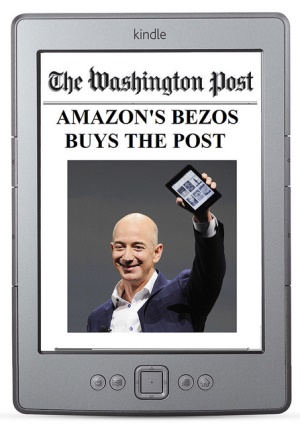It is increasingly trendy to speak about ‘Big Data’ and ‘data analytics’.
 I like to use a framework to assess the maturity of what people are speaking about. This allows to understand what level of ambition we are discussing, because there is often some confusion.
I like to use a framework to assess the maturity of what people are speaking about. This allows to understand what level of ambition we are discussing, because there is often some confusion.
- Stage 0: reporting (of current processes – include more or less elaborate indicators)
- Stage 1: comparison / benchmarking (with other similar processes, present or past)
- Stage 2: correlations (establish data correlation between data series)
- Stage 3: causation (more difficult than correlation, establish a causation link through root cause analysis etc.)
- Stage 4: simulation (use the deep understanding gained in the previous stage to predict what will happen in slightly or very different conditions; and use the result to ascertain if the understanding is correct)
Stages 1 to 3 require ‘Big Data’ or at least the availability of a large number of series that can be observed for comparison, correlation and causation. In a lot of instances I have also observed people jump from stage 2 to 4, which we know is very dangerous as the bigger the data set, the more probable we can observe spurious correlations (see for example for fun the previous post ‘How We Will Need Specialists to Make Sense of the Authenticity of Big Data Correlations‘)
This simple framework can be very powerful to refer to when dealing with Big Data – do not hesitate to use it!




 Last August, Amazon’s
Last August, Amazon’s 





